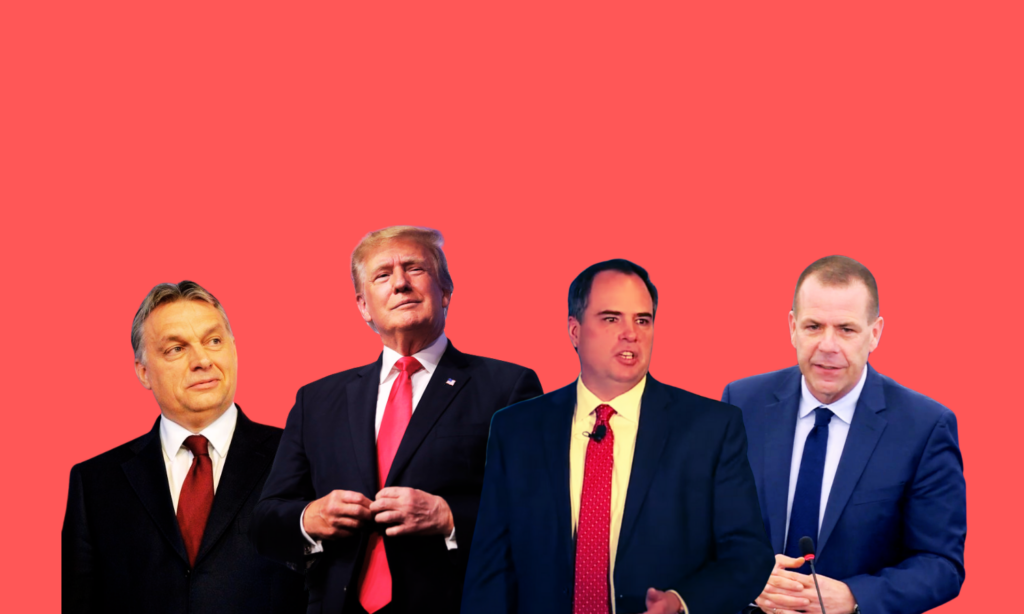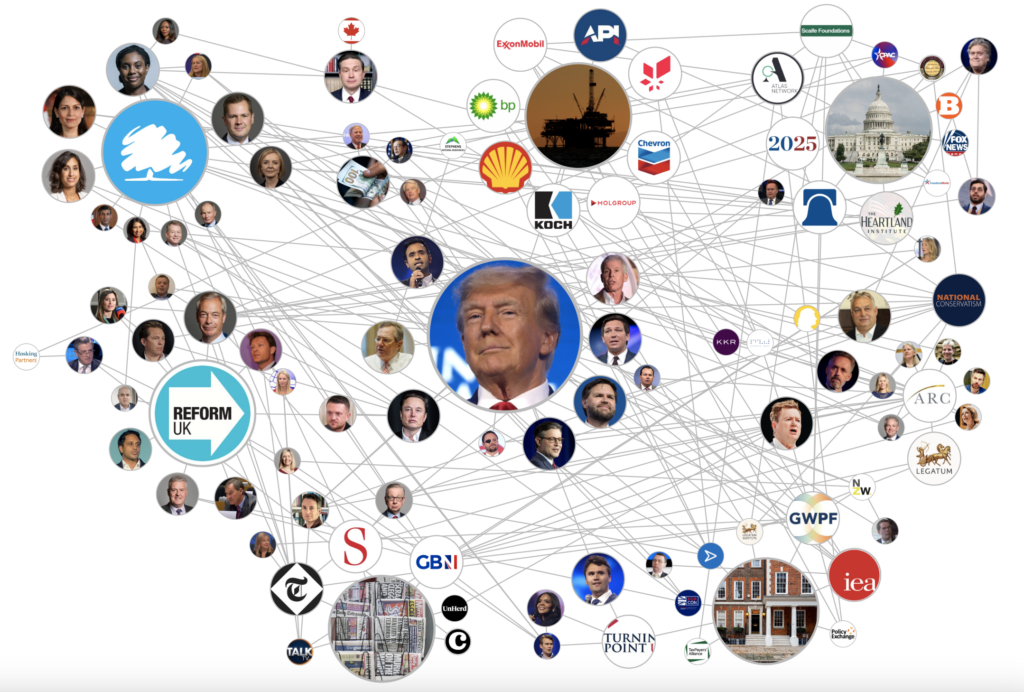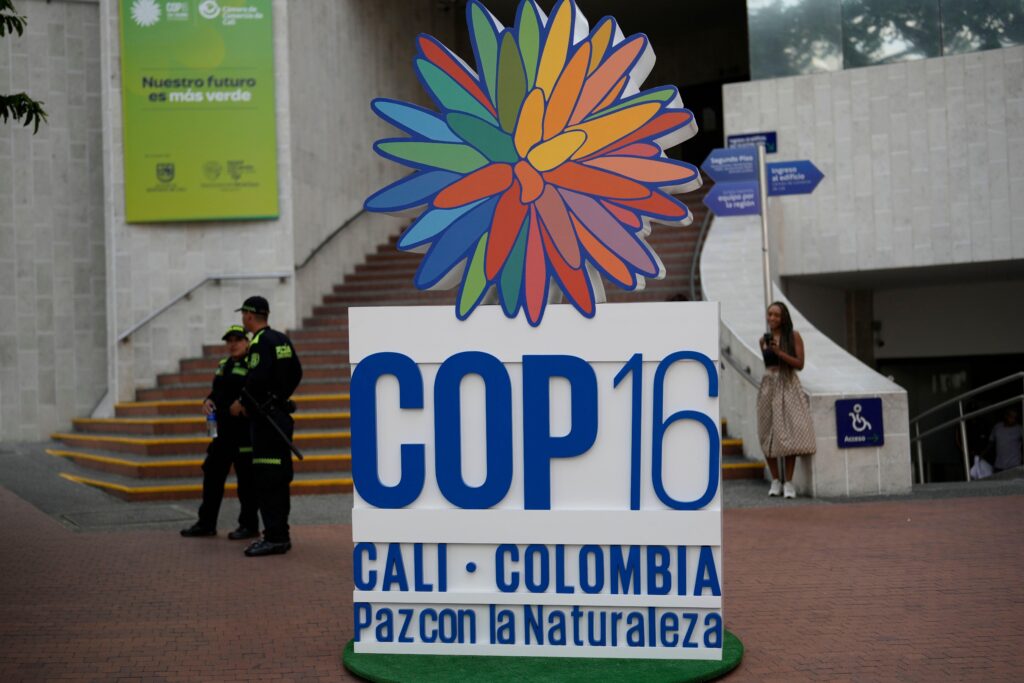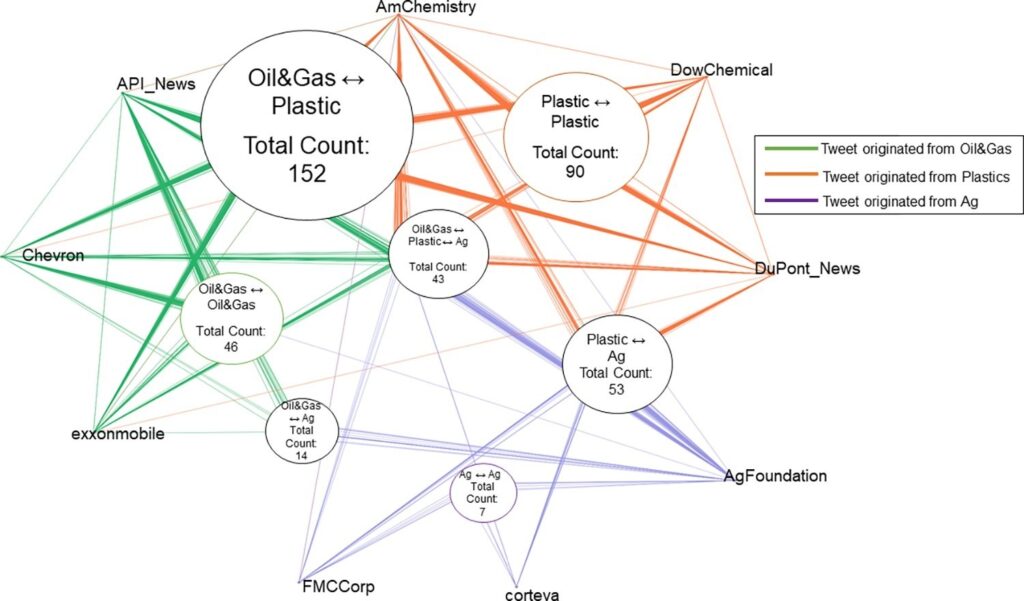People who don’t know what causes global warming won’t know how to stop it
Environmental groups, scientists and government seem to be failing, quite catastrophically, to educate the public about the cause of climate change, leaving Canadians ill-equipped to act or to judge the actions of their political leaders.
That conclusion seems inescapable in light of a new national survey sponsored by public relations firm Hoggan & Associates and The Climate Project-Canada. The survey, conducted March 7 to 10 by the national polling firm McAllister Opinion Research, shows that 79 per cent of Canadians say they understand climate science “fairly well” or “very well.” Yet, when questioned further, nearly half of those respondents could not correctly identify greenhouse gases or CO2 emissions as the cause.
In one depressing way this makes complete sense, because the survey also shows that 52 per cent of respondents still believe there is a significant scientific debate about the causes of global warming.
This, again, is a tribute to the kind of people that the DeSmogBlog writes about all the time – people like Dr. Fred Singer or Dr. Tim Ball, people who show no hesitation about taking money from the energy industry and then campaigning in public for inaction on global warming.
Those who would deny climate science outright have clearly lost momentum: the vast majority of Canadians now accept that climate change is happening and that humans are (in a way many of them find mysterious) to blame. But people who don’t understand the science are in a poor position to judge whether new climate policy is appropriate – which could explain another aspect of the new poll.
Environment – especially climate change – is still the “top-of-mind” issue in Canada – the first issue that most Canadians mention when you ask them what is their current principal concern. But while 29 per cent of Canadians chose environment first a year ago and 23 per cent named the environment in November 2007 and in January of this year, only 20 per cent cited environment in this poll.
There are two likely explanations for this change.
First, Canadians may just be starting to worry about something ELSE more. The gathering economic crisis in the U.S. has not yet dampened the Canadian economy – but it will and 17 per cent of Canadians now nominate the economy as their biggest concern.
The second explanation for the decline in concern about climate change, however, is rooted once again in public misunderstanding.
A poorly informed public is easier to spin – every autocrat who ever tried to silence a free press knows this to be true. So, Canadians who don’t understand climate science are much more likely to accept recent pronouncements by Canadian governments – at the federal and provincial levels – that they are taking “tough” new stands on global warming. With the exception of the British Columbia and Quebec governments, which have begun to experiment with policies that may actually be effective in reducing CO2 emissions, government action in Canada has been merely embarrassing. And yet Canadians are starting to relax.
Another explanation for the current state of affairs comes again from the survey – and relates once more to the campaign of disinformation. While 52 per cent of Canadians believe in the fictional scientific dispute about climate change, 53 per cent also believe that they are being intentionally misled by industry. That might seem positive, if you didn’t ask the next question: How many people think that environmental organizations are also “manipulating the facts.”
The answer there is 20 per cent.
And a further 18 per cent believe both industry AND environmental groups are bending the facts. Add those numbers all together and you have 91 per cent of all respondents saying the someone, or maybe everyone, is trying to spin them on climate change.
Small wonder that more people have not started to take significant personal steps to address global warming. They think they’re alone in being sincerely concerned and that others are using corrupt tactics to push them around.
One last point on the effect of people’s confusion: when asked what is the most important thing that can be done to address global warming, most people suggest driving less. Very few people, comparatively, point to regulating the development of the oil sands – which is the largest single point source for CO2 in Canada and the fastest growing. So, again we have a population in paralysis. If you live a 40- to 80-minute drive from work, it’s pretty tough to “drive less.” The basic structure of our cities and our society limits Canadians’ immediate options.
But it doesn’t limit government options – or it shouldn’t.
And THAT should be the point we take away from all this: environmental groups, scientists, government officials and anyone in industry who has an ounce of integrity should turn their attention immediately to raising Canadians’ understanding of the basic science of human-generated greenhouse gas. An informed public will be harder to spin, and easier to engage in serious and successful actions to limit our CO2 emission – and to show the world how that can be done affordably, sustainably and quickly enough to make a difference.
Subscribe to our newsletter
Stay up to date with DeSmog news and alerts







